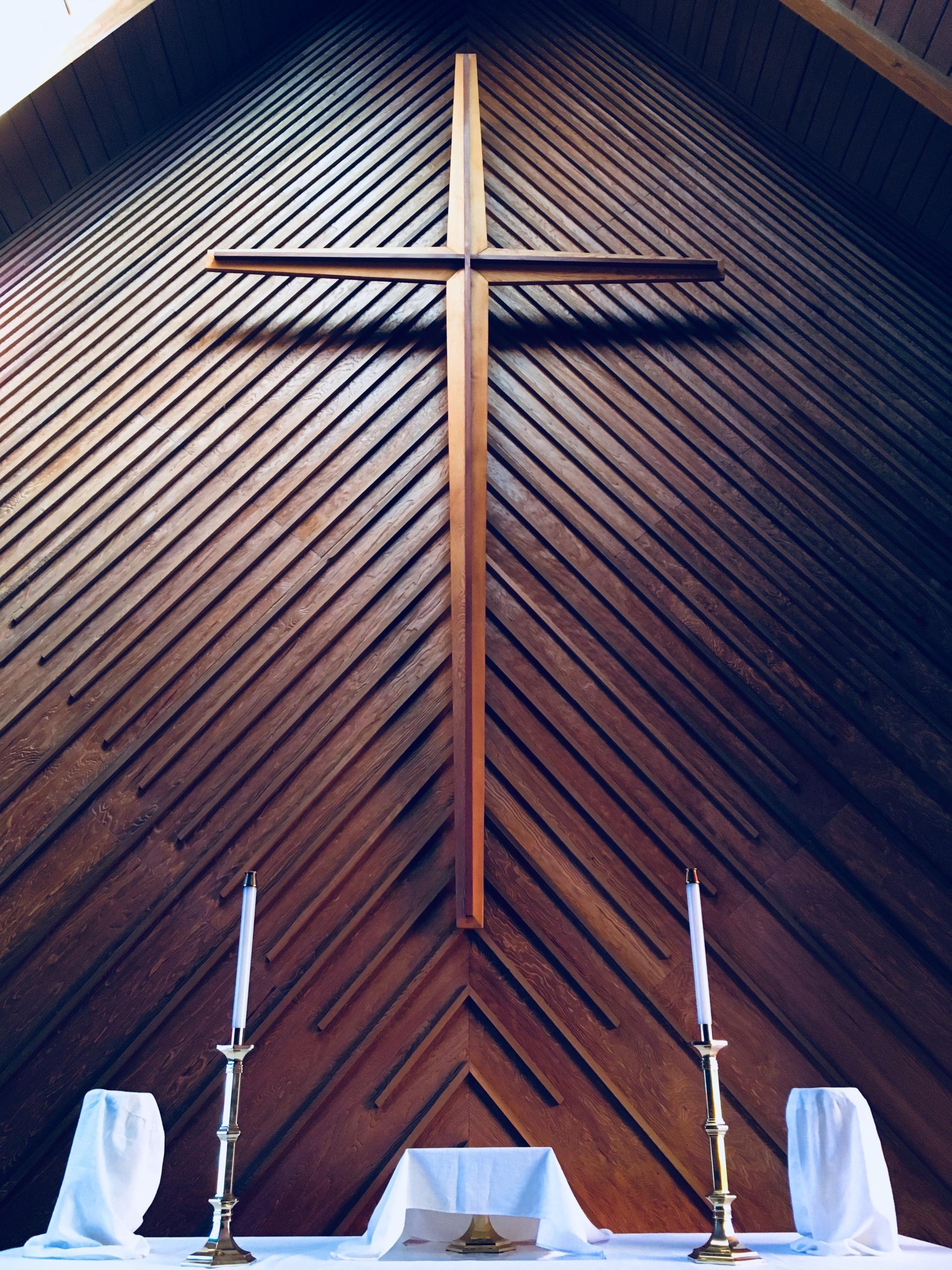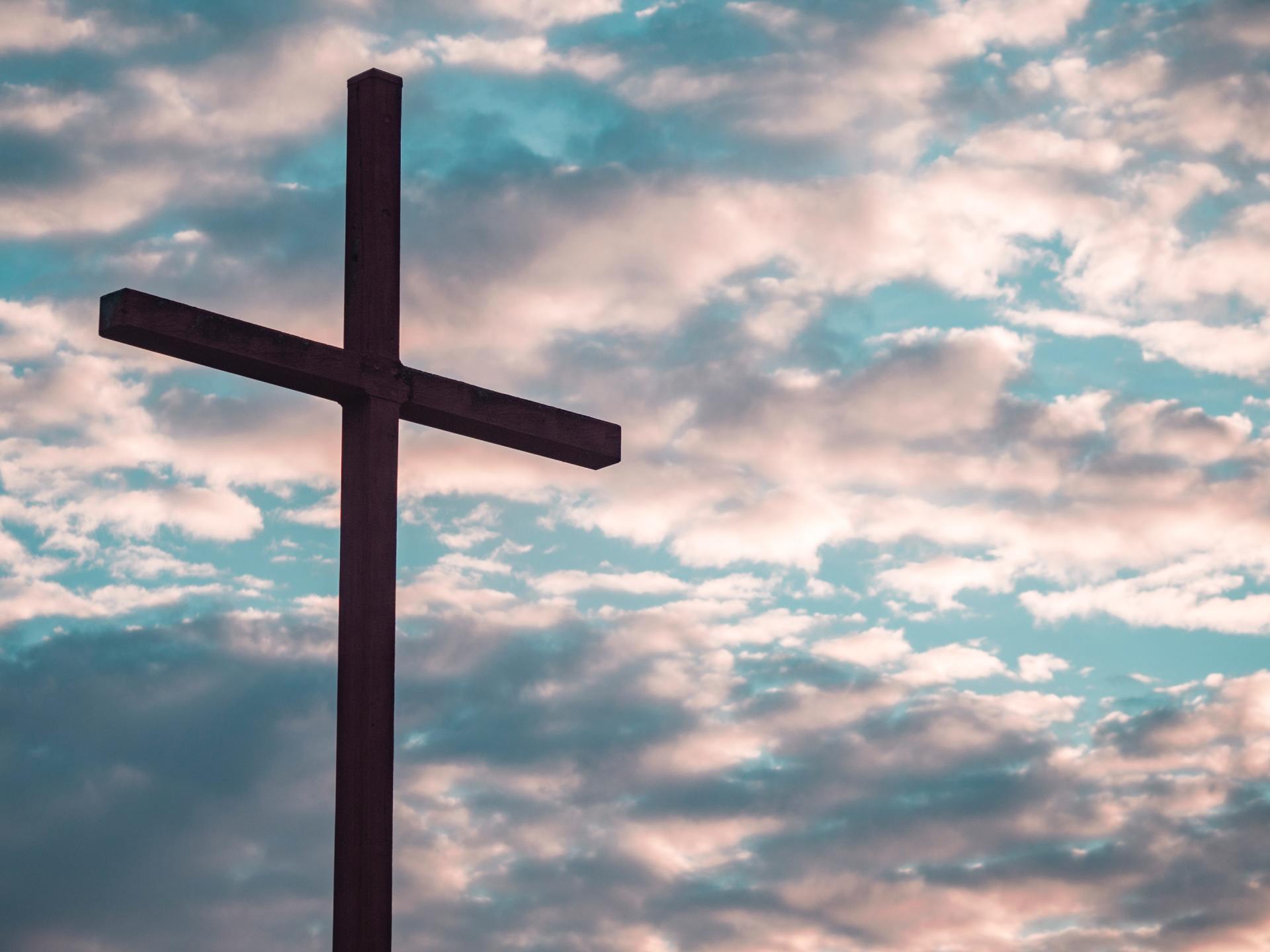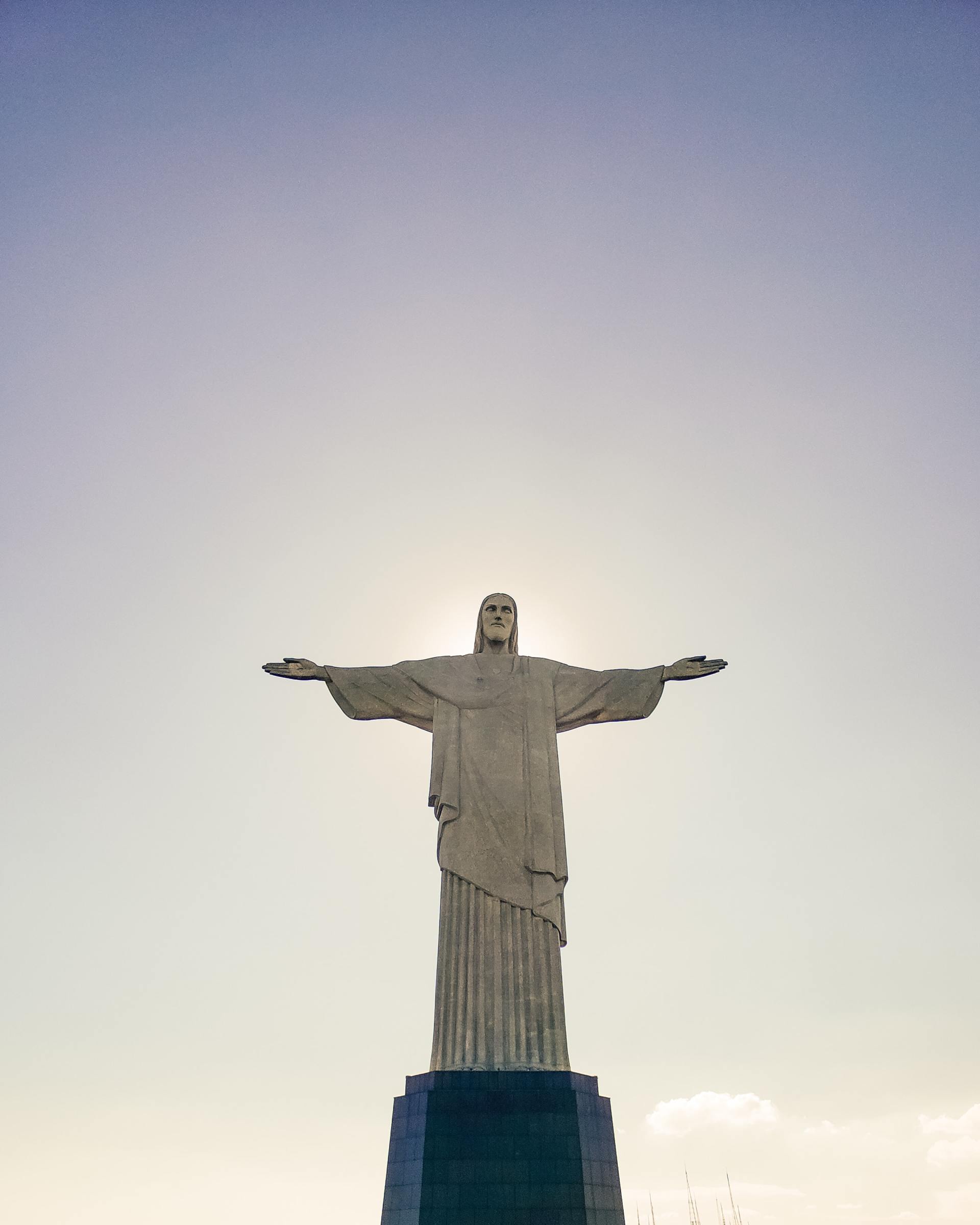Kal's Korner 4/14
Holy Week

The Word: John 17:1-26
This Holy Week please take some time to read through John 17:1-26.
Here's two verses to get you started...
John 17:1,9, “When Jesus had spoken these words, he lifted up his eyes to heaven, and said, “Father, the hour has come; glorify your Son that the Son may glorify you… I am praying for them. [disciples] I am not praying for the world but for those whom you have given me, for they are yours.” ESV
John 17:1-5 Jesus first prays for Himself (to glorify God).
John 17:6-19 Jesus prays for His disciples (those closest to Him) that His joy may be fulfilled in them, protection from the evil one, that they be sanctified in truth.
John 17:20-26 Jesus prays for all who will believe in Jesus through the testimony of these faithful disciples (this is you and me and all who believe in Jesus as Savior and Lord).
This is a great pattern for us to follow for our prayers during this Holy Week and beyond! Speaking of Holy Week...
Little Known Facts about Holy Week
Holy Week is the week before Easter. How many of these facts did you know about the days that commemorate the Passion of Christ?
1. Holy Week observances likely began in Jerusalem in the earliest days of the church.
2. Holy week does not include Easter Sunday.
3. Because of the difficulty in getting palm branches in some parts of the world, leaves from yew, willow, olive, or other native trees are frequently used. The designation of the Sunday then becomes Yew Sunday or Branch Sunday.
4. A name for the Wednesday before Easter is “Spy Wednesday”, named for Judas' becoming a spy for the Sanhedrin.
5. Maundy Thursday is the day before Good Friday. The term “Maundy” is derived from the Latin word mandatum (commandment). The term refers to the commandment given by Jesus at the Last Supper: “A new commandment I give to you, that you love one another: just as I have loved you, you also are to love one another.”
6. The historical origins of the “Good” in Good Friday remain unclear, though some etymologists believe the term “good” is an archaic form of “holy.” We could call it “Holy Friday.”
7. In Catholic and Eastern Orthodox traditions, Holy Saturday commemorates the “harrowing of hell,” the time between his Crucifixion and his Resurrection when Christ is believed to have descended into hell.
8. In Medieval Europe, Christians would abstain from eating eggs and meat during Lent. Eggs laid during that time were often boiled to preserve them and were given as Easter gifts to children and servants. Some traditions claim the Easter egg is symbolic of the resurrection of Jesus, with the shell of the egg representing the sealed Tomb and cracking the shell representing the Resurrection. Christians in the Middle East and in Greece painted eggs bright red to symbolize the blood of Christ.
9. The name “Easter” is derived from the Anglo-Saxon word “oster”, meaning “to rise” or for their term for the Spring equinox, “Eostre.”
And Finally...
I encourage you to join us
Holy Week/Easter
@ St. Paul's Lutheran Church
- Maunday Thursday Worship – 7:00 p.m.
- Prayer Vigil – Thursday 8:00 p.m. to 12 Midnight then Friday 5:00 a.m. to 12 Noon
- Good Friday Worship – 7:00 p.m.
- Easter Sunrise Worship (Outside, dress warmly!) – 6:30 a.m.
- Easter Breakfast – 7:00 a.m. to 10:30 a.m.
- Easter Worship – 8:30 a.m. followed by Easter Egg Hunt
- Easter Worship – 10:30 a.m. followed by Easter Egg Hunt













